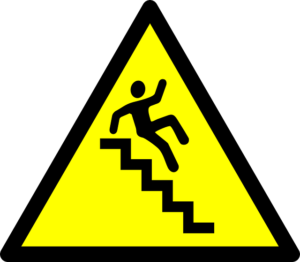
Can I settle my case instead of going to court?
Yes, it is possible in some cases to settle a personal injury case before it is necessary to file a lawsuit, but that does not happen very often. Typically, the insurance company that gets involved initially, is not willing to offer a reasonable settlement amount. In order for settlement to work, both parties must recognize that settlement requires a mutually agreeable resolution. Often the injured party must accept a little less than they believe their claim is worth, and the insurance company must pay more than desired. In other words, a compromise must be reached. It is usually in the best interest of both parties to settle before trial, simply because of the expense and the inherent risks.
Who determines the value of my premises liability case?
When a case goes to trial, it is the jury that will ultimately determine how much your case is worth. The jury will have the task of considering all of your claimed damages, such as medical expenses and lost wages, and deciding how much you should be paid, if the other party is found liable. There is also the issue of the less tangible damages, such as pain and suffering, which must be determined by the jury as well. As these decisions are totally within the jury’s discretion, it is nearly impossible to predict the potential value of a case. Only an educated guess can be made by attorneys, based on their experience with similar cases in the past. However, every case is different, as is every jury.
How strong is your case for liability?
The jury’s first duty is to determine whether the person or entity you sued (the defendant) was responsible for your injuries. The judge will provide the jury with instructions on the law. In a premises liability case, this would include the duty of care the defendant owed to you. The jury then determines if the defendant breached that duty. In other words, the jury will determine whether the property owner properly maintained the property in question, and if not, whether that caused your injuries. If the evidence establishing the defendant’s liability is not very convincing, the value of your case will likely be lower.
The nature of your injuries
Not only is the general nature of your injuries an important factor in determining the value of your case, but also how those injuries affect you particularly. For instance, if you break your ankle falling down a stairwell at an apartment building, the value of your case may be higher if you were employed as an ice skating instructor. That particular injury had a more serious impact on you, in particular, because of your type of employment.
If you have questions regarding case evaluation, or any other premises liability issues, call the Cottrell Law Office at (888) 433-4861.
Call Today for a Free Consultation (800) 364-8305


